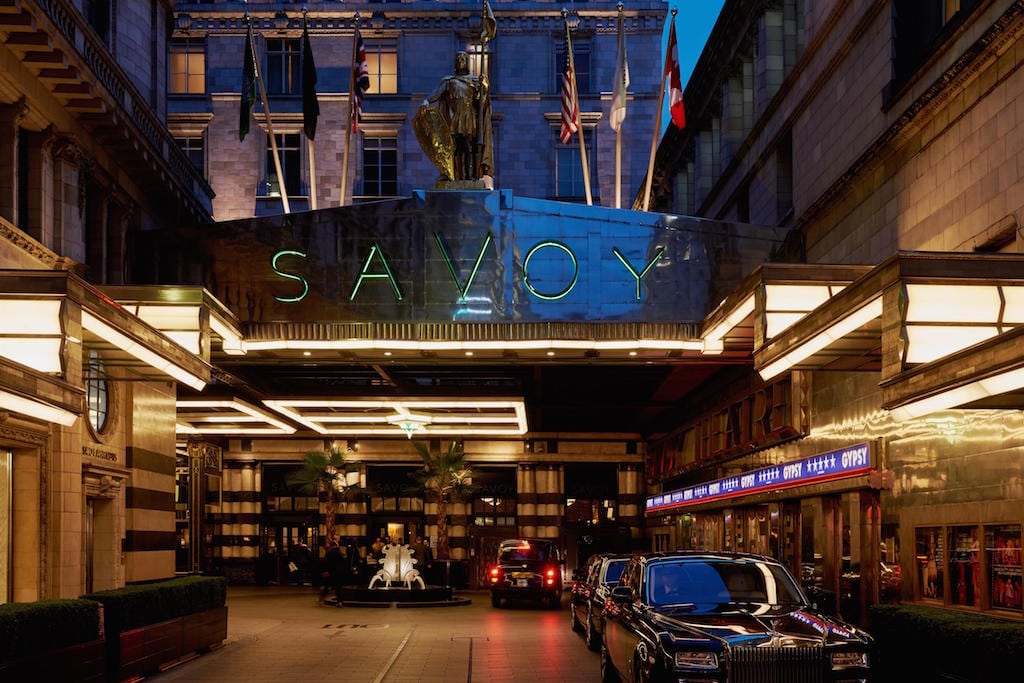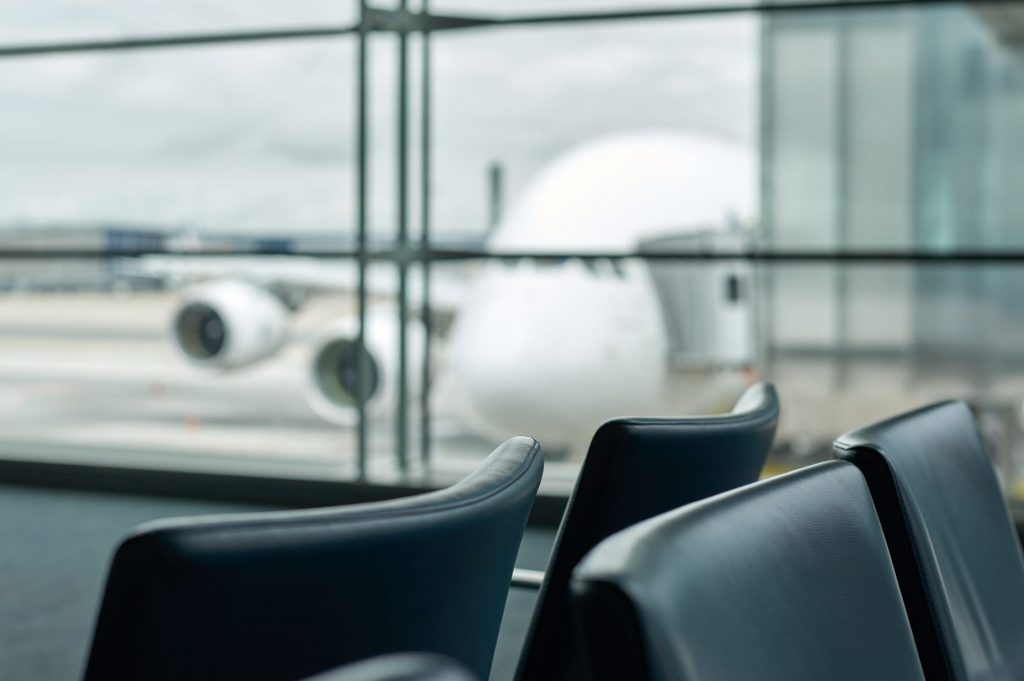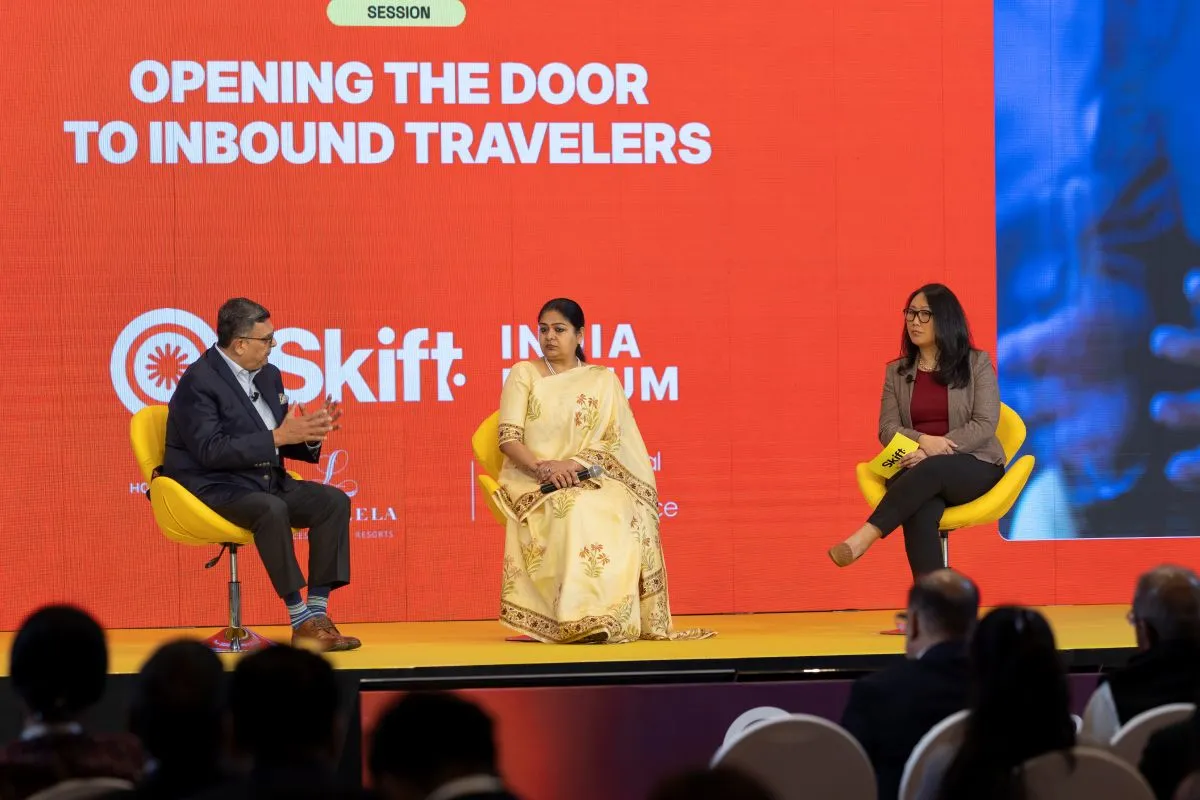Accor Finalizes $2.7 Billion Purchase of Fairmont Raffles

Skift Take
AccorHotels today finalized its purchase of Fairmont Raffles Hotels International (FRHI), the Toronto-based parent company to the Fairmont, Raffles, and Swissôtel brands, for $2.7 billion.
The acquisition of privately owned FRHI, which has more than 155 properties around the world, was approved by Accor shareholders in a special meeting held at Accor's Paris headquarters and the deal consists of payment in both $840 million in cash and 46.7 million shares of Accor, totaling nearly $3 billion.
FRHI was formed in 2006 and was previously owned by the Qatar Investment Authority and Kingdom Holding Company of Saudi Arabia as well as Oxfrod Properties, an Ontario Municipal Employees Retirement System company. As part of the deal with Accor, both of those entities are now major shareholders of Accor (10.5 percent for Qatar and 5.8 percent for Kingdom) and will add three new representatives to the Accor board.
Why Accor Bought FRHI
Accor first announced the FRHI acquisition in December 2015 and since then, the company has been on a buying spree, purchasing London-based luxury alternative accommodations provider Onefinestay for approximately $168 million in April.
The addition of FRHI is particularly strategic and valuable for Accor, which hopes to leverage FRHI's luxury brands and reputation to build up the company's portfolio of luxury hotels, especially in the Americas. Prior to the acquisition, Accor's main luxury brand was Sofitel, which has 121 properties worldwide.
FRHI's iconic and often historic properties include such hotels as The Plaza in New York, the Savoy Hotel in London, Le Royal Monceau Raffles Paris, and the original Raffles Hotel in Singapore. The Fairmont brand, in particular, has 41 properties located in the Americas, with a large concentration in the U.S. and Canada.
"This acquisition is a great accelerator of transformation for our group," AccorHotels CEO Sebastien Bazin told Skift. "It positions AccorHotels as a key leading player in the luxury hotel market; diversifying our group and enhancing this area of our business is a key part of our strategic plan."
FRHI will also complement Accor's most recent purchase, Onefinestay. Onefinestay CEO Greg Marsh said Accor's purchase of FRHI "was a huge part of why I wanted to work with them" and showed him "they were absolutely sincere about wanting to build a luxury portfolio."
Marsh added, "Roughly 23-odd-million people a year go stay in Sofitel, Fairmont, or Raffles properties. Twenty-three million walk through the door, stay in one of those rooms, every calendar year. I only need to believe that 1 percent of 1 percent of those people will find Onefinestay's product interesting for certain other types of trips that they make during the course of the year. To believe that is insanely attractive as a potential marketing base for us."
What Accor Plans to Do with FRHI
Now that it has these three brands, Accor is forming a standalone Luxury Brand group within its organization that will include the following brands: Raffles, Fairmont, Sofitel Legend, So Sofitel, Sofitel, MGallery by Sofitel, Pullman, and Swissôtel.
This new group will be led by Chris Cahill, who served as president and COO of FRHI and its predecessors for nearly 20 years. After leaving FRHI in 2012, Cahill served as EVP of global operations for Las Vegas Sands Corp. for two years from 2012 to 2014 and most recently served on the boards of Temple Hotels and Morgaurd, a real estate company.
"His in-depth knowledge of luxury hospitality will be an asset as we advance our strategy and grow brands globally," Bazin said. "This new luxury brand structure headed by Chris will operate independently within our larger group to ensure we continue to deliver the personalized experiences and services that the luxury consumer expects. This structure will have power, autonomy, and significant financial means, which is truly a game-changing move for AccorHotels."
When the deal was first announced in December, Accor identified approximately $72 million in revenue and cost savings, or job cuts.
When asked about those job cuts, Bazin said, "Now that we have closed, we will be working on finalizing the transition and building the Luxury Brand structure, which we anticipate sharing further details on later this fall. As can be expected, some of FRHI's senior leaders have left the organization, but we are confident that as part of this transition plan we are well positioned for the future."
What Happens Now
Beginning immediately, customers can book stays at Fairmont, Raffles, and Swissôtel hotels through AccorHotels.com. And as we've seen with the pending acquisition of Starwood by Marriott and the concerns over what will happen to the Starwood Preferred Guest loyalty program, the respective loyalty programs for FRHI (Fairmont Gold, Raffles Ambassadors, and Swissôtel Circle), will remain unchanged for now.
However, Bazin said, "Over the coming months, we will be working to leverage the AccorHotels platform to enhance FRHI members' experience. This will include opportunities to discover AccorHotels extensive portfolio of more than 4,000 properties in 95 countries and access to the Le Club AccorHotels loyalty program, which was recently awarded with 5 Freddie Awards – the most prestigious member-generated awards in the travel loyalty industry."
With this transaction closed, the hospitality industry will also be keeping an eye on how the addition of three new board members may impact Accor's relationship with one of its biggest shareholders, Jin Jiang. In recent months, various news reports have mentioned Jin Jiang's desire to increase its stake in the company, to the dismay of Accor's CEO and other stakeholders.




